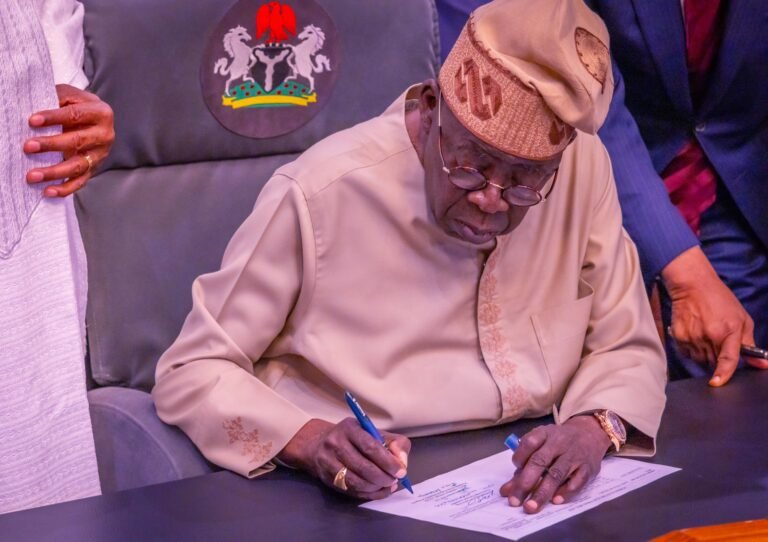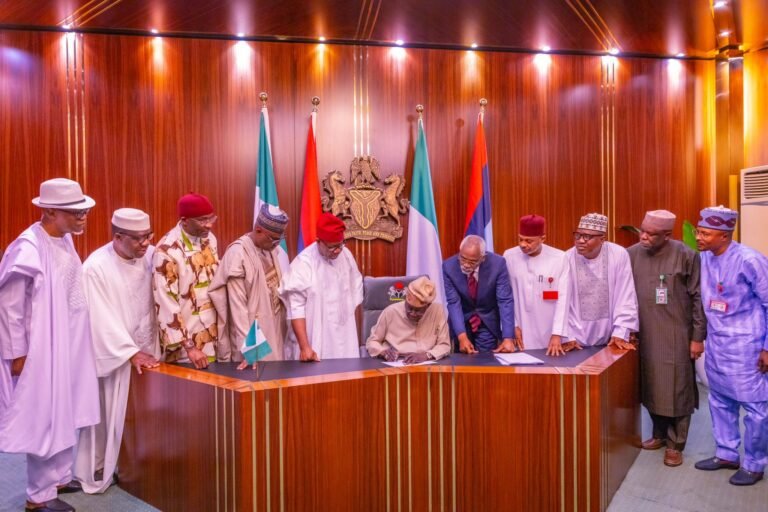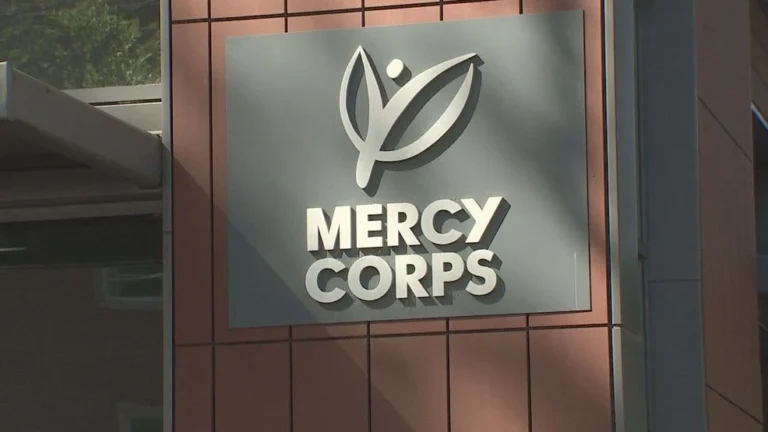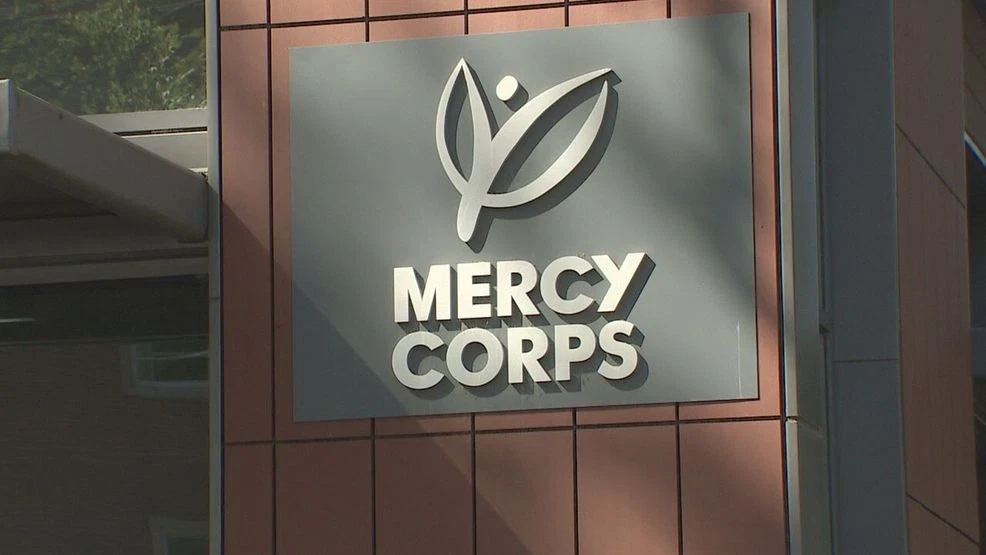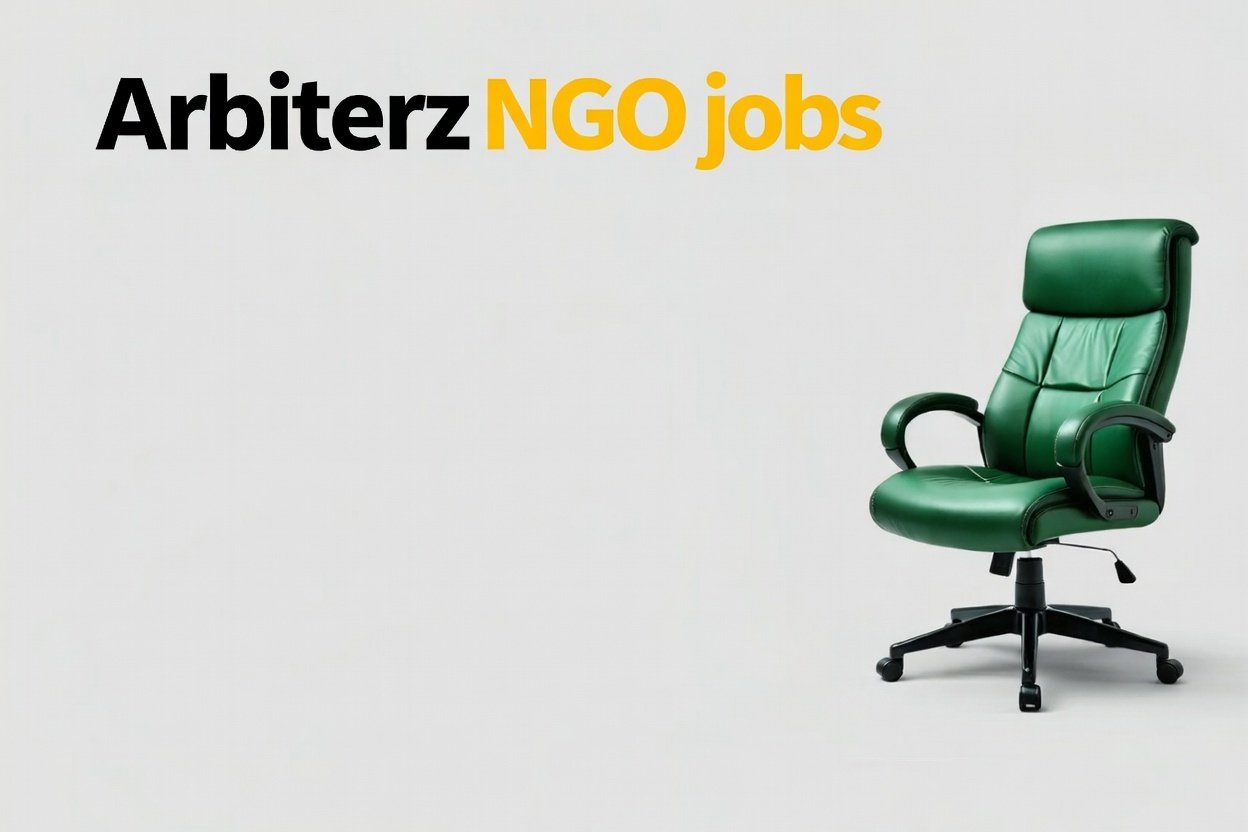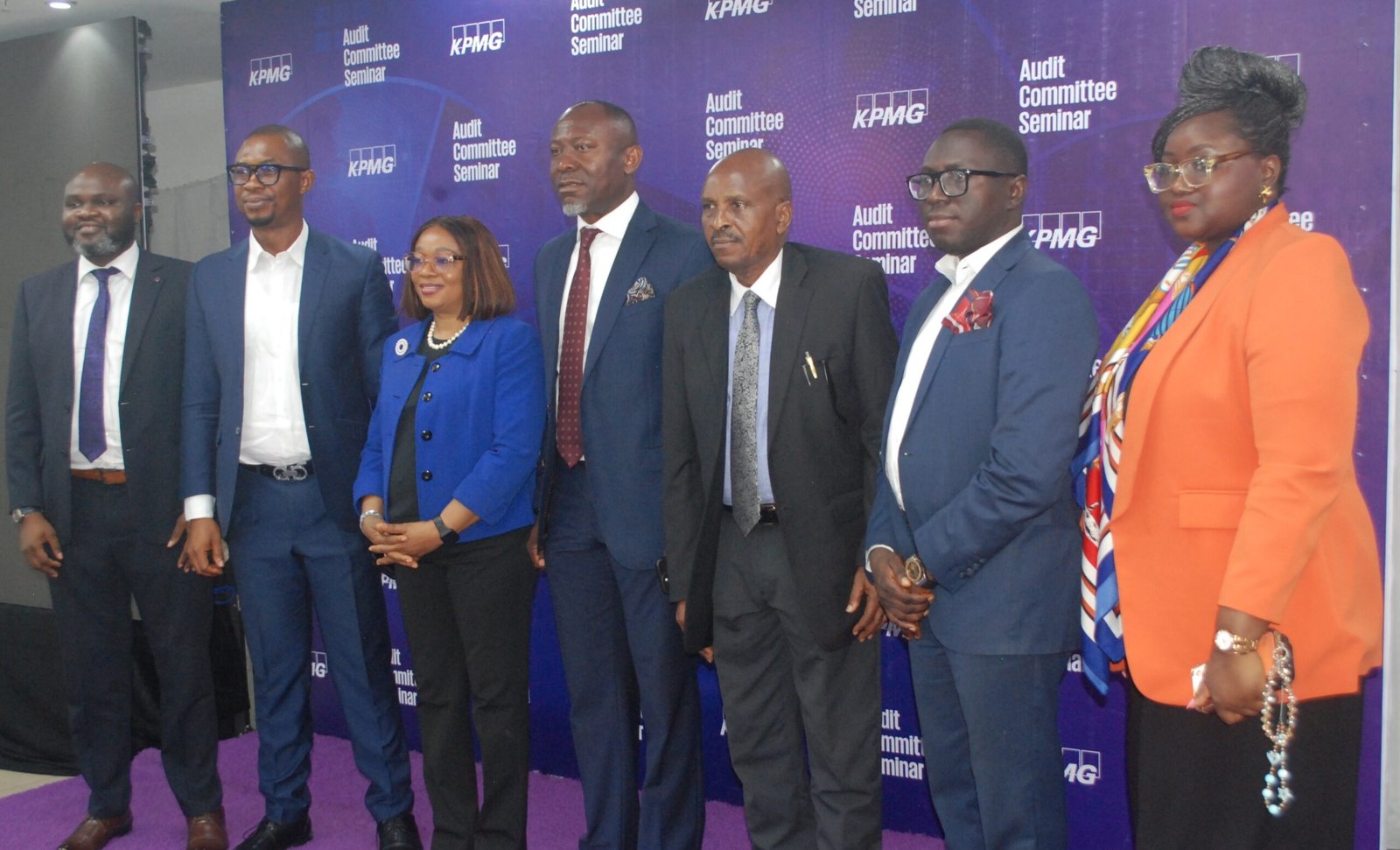Rumudaka Wonodi, the pioneer CEO of the Nigerian Bulk Electricity Trading Company (NBET) said on Tuesday that the actions of the labour union of the electricity sector, the National Union of Electricity Employees (NUEE), contributed to foreign power companies not participating in the 2013 privitisation process.
The process saw private companies assume management control of the power generation (Gencos) and distribution companies (Discos) that were carved out, “unbundled” in the technical jargon, of the state-owned electricity behemoth, the National Electric Power Authority (NEPA). The acronym “NEPA” was in the state power company’s lifetime derisively referred to by Nigerians as Never Expect Power Always.
Mr. Wonodi, who now runs ZKJ Energy Partners Ltd., was reacting to an Arise Television interview in which a labour leader characterized the power privitisation as a catalogue of woes for the industry and for Nigerians.
According to Mr. Wonodi, the labour leader griped about the capacity and experience of the power companies that bought majority stakes in the former NEPA entities and now manage them, criticizing the process for not attracting investment from “world-class” power companies. The companies that took over the power companies are all Nigerian entities, special purpose vehicles, that had not managed any power entity prior to Nigeria’s power sector privitisation.
Also Read: Suspension of New Tariffs Exposes Nigeria’s Power Sector to Ridicule, Sam Amadi, former NERC Boss
| IN CONTEXT
The vast sums that Nigeria has spent in the power sector since 2005, including the $16 billion that the government of former President Olusegun Obasanjo is alleged to have invested, often inefficiently, has been because successive Nigerian governments refused to implement the power sector reforms which would have seen investment in and management of the sector handed over to the private sector. Former President invested in setting up new seven power plants in the Niger Delta, the so-called Nigerian National Integrated Power Project (NIPP), rather than implement reforms designed to phase in tariffs that cover investors’ costs of generating and supplying power and thus attract investors. The NIPP was attended by gross incompetence and waste, such as siting power plants where turbines could not be delivered and allowing equipment to rot in the ports for years. The late President also refused to implement the power sector reform, opting for a meaningless “emergency” programme. The former President Goodluck Jonathan made power sector reform the key objective of his presidency but the reform process was affected by considerable “insider deals”; many of the companies that bought the power companies are said to be associates of the Jonathan government. But contrary to popular belief, the buyers overpaid for their 51% shares in the privatized NEPA companies. This is partly because labour unions blocked them from freely assessing the plants. But the companies were also reluctant to pay the global experts reputed for conducting technical due diligence on power plants whose fees could rise up to $ 1 million. They ended up paying too much for very old equipment with astronomical replacement costs. The Jonathan government also is deemed to have interfered with the regulator’s independence and delayed an increase in tariffs close to the 2015 elections. The Buhari government opted to subsidise electricity consumption rather than allow cost reflective tariffs until the new coronavirus pandemic knocked the bottom out of the Federal Government’s finances. The labour unions have threatened a strike action over the decision to let some classes of electricity consumers pay the full cost of the service. |
Also Read: BIG READ: Abba Kyari (1953-2020): A Very Good Nigerian
Wonodi explained that the labour unions themselves contributed to experienced foreign firms not participating in Nigeria’s power sector privatisation. In-depth technical due diligence, i.e. detailed inspection of power plants to verify the state of the equipment and determine what needs to be replaced and how much to offer to buy the plants is an essential step in any power privitsation process.
The National Union of Electricity Employees (NUEE) was implacably opposed to the privitisation process and had ceaselessly mobilised its members and public opinion against it. Part of its aggressive tactics was to block access to the power plants, often threatening violence against investors seeking to conduct technical due diligence.
Wonodi pointed out that no “international company” would have invested in a “business that demands boots on the ground when basic DD was blocked by Labour”.
The former NBET boss pointed out that 90% of the funds realized from the sale of the Gencos and Discos carved out of NEPA was paid out to NUEE members, i.e. to workers formerly employed by the state. (The funds were paid as severance allowance.)
Wonodi also faulted the labour leader over the charge he made that the Federal Government had spent N1.7 trillion supporting the Discos and Gencos that have supposedly being privatised. He pointed out the irony that the FGN had to keep subsidizing power consumers “because parties like labour oppose fair market rates”.
NBET which Mr. Wonodi headed was set up to instill confidence and discipline in the sector’s value chain by buying power on behalf of the distribution companies who did not and still lack a track record of paying for power supplied by the electricity generating companies. The Central Bank of Nigeria’s solution to the problem of indebtedness in the sector was to issue a directive in August 2020 directing banks to pay third parties, including Gencos, directly for the services and goods supplied to the Discos from funds electricity consumers pay to Discos’ bank accounts.









